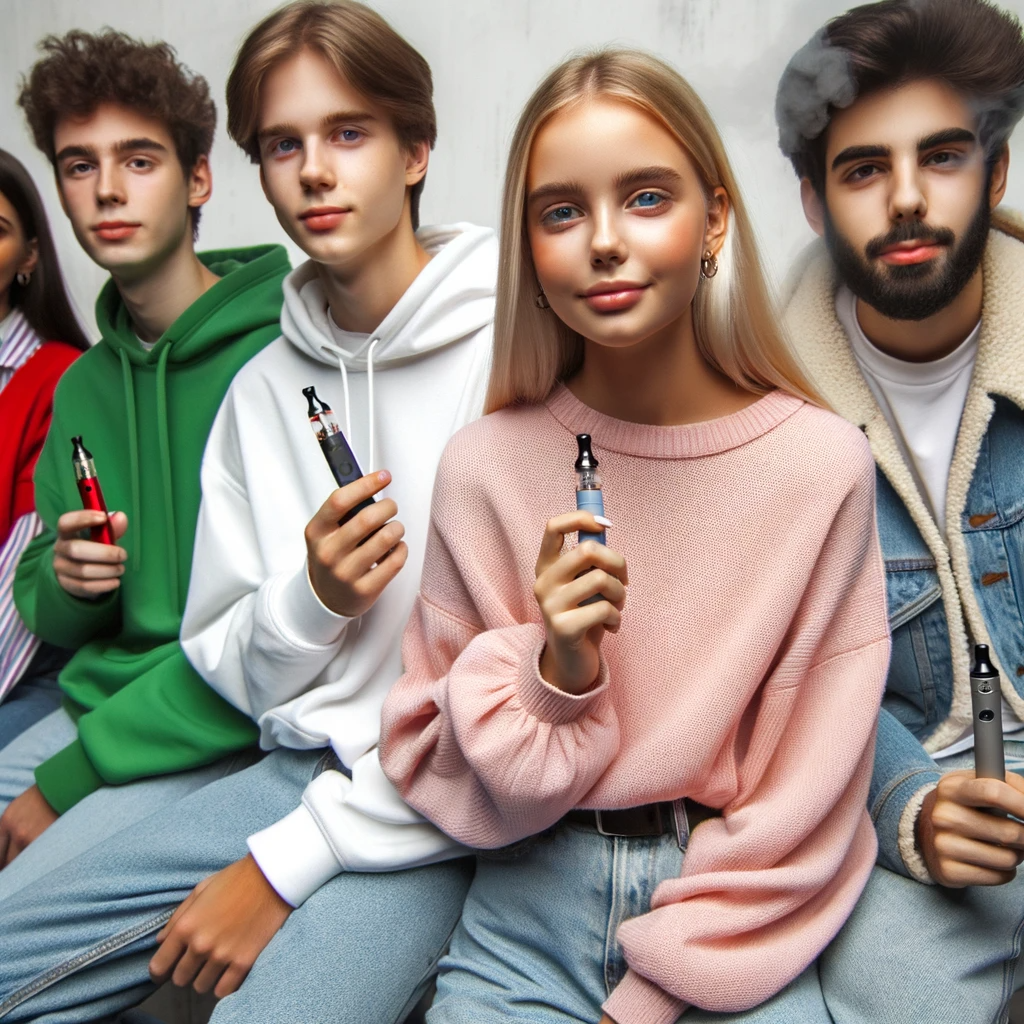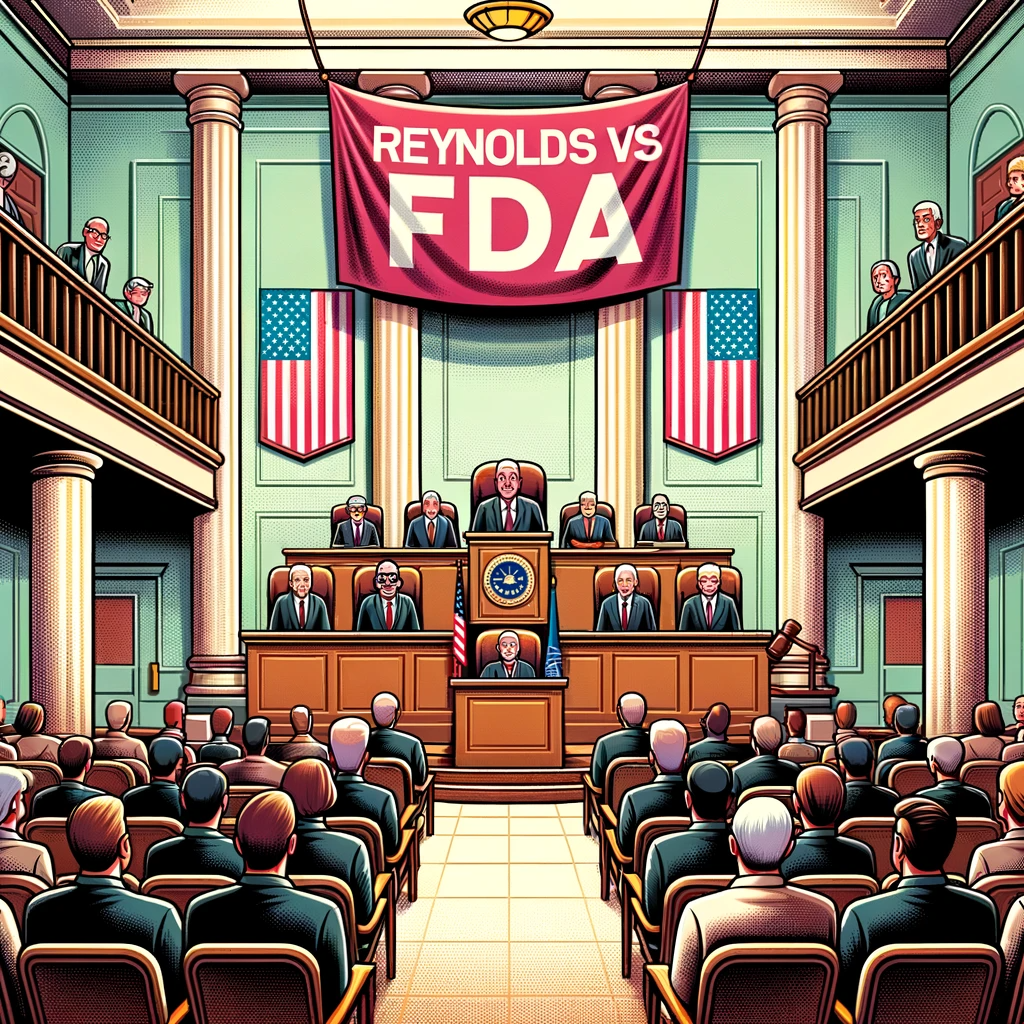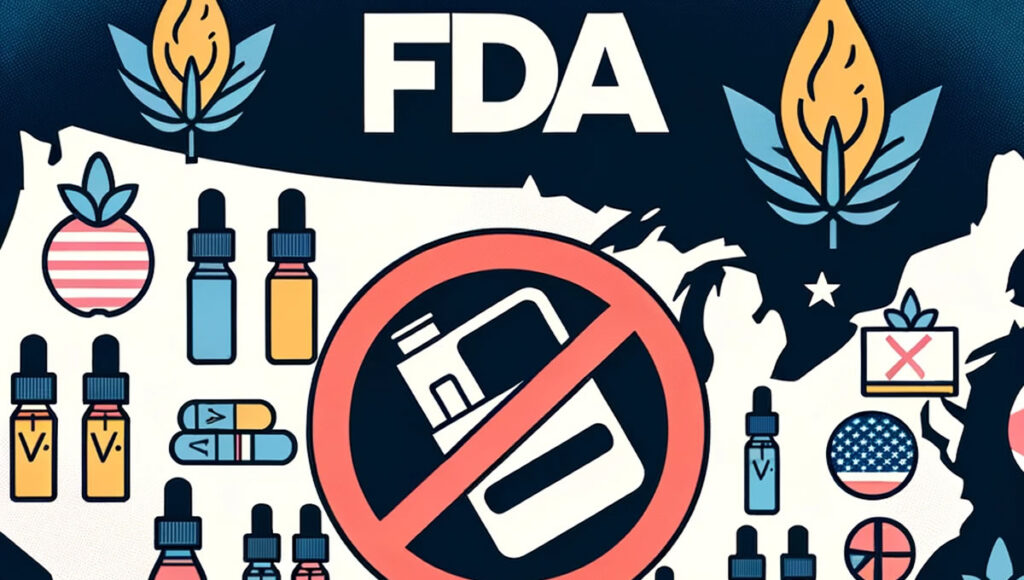The Food and Drug Administration (FDA) just dealt a major blow to leading e-cigarette brand Vuse and its manufacturer R.J. Reynolds. On June 23, 2022, the agency banned six popular Vuse Alto flavored vape products, including menthol and mixed berry varieties.
The FDA determined the potential public health risks of youth vaping outweighed any potential benefits to adult smokers trying to quit with these products. This review showcases the agency's stepped-up scrutiny of e-cigarette safety and youth appeal.
FDA: Vuse Alto Risks Outweigh Potential Benefits
The FDA is legally required to ensure all new tobacco products provide a net "public health benefit" - meaning benefits to adult users outweigh risks like youth addiction.
In scrutinizing scientific data provided by Reynolds, the FDA concluded potential benefits to adult smokers were outweighed by evidence showing Vuse Alto's widespread youth appeal and use.
Per an FDA news release:
“If an application contained sufficient scientific evidence to meet the necessary public health standard, including a non-tobacco-flavored product, we’d authorize the product. But such evidence was lacking in this case.”
Matthew Farrelly, the director of the FDA’s Center for Tobacco Product’s Office of Science
Menthol vape varieties faced additional skepticism due to data showing they disproportionately attract underage users.
Vuse Alto Surged in Popularity, Especially Among Youth

Vuse Alto became the top-selling e-cigarette brand in the U.S. over the past year. Recent sales data showed:
- Vuse Alto captured 40% of total e-cigarette dollar sales
- Its $2.2 billion in sales surpassed previous market leader Juul
- Reynolds' other tobacco brands (Camel, Newport) also dominate traditional cigarette sales
Meanwhile, government surveys revealed surging popularity of Vuse Alto among youth:
- 12.5% of teens reported vaping with Vuse Alto in the past month
- Social media marketing and influencer promotions likely boosted youth appeal
This explosive growth yet strong youth appeal led the FDA to question the net public health impact.
Reynolds Disputes FDA Findings and Plans Legal Fight
British American Tobacco (BAT), the parent company of R.J. Reynolds, strongly disputes the FDA's rationale behind banning its Vuse products.

In a statement, BAT said the decision:
“flies in the face of proven science and is contrary to the FDA’s stated goal of reducing the health effects of tobacco use.”
BAT claims the FDA is denying cigarette smokers access to less harmful alternatives. The company says it will challenge the FDA's ruling in court.
This likely will allow Reynolds to keep selling the banned flavored Vuse Alto editions as legal proceedings can take years to resolve.
The FDA's Escalating Scrutiny of E-Cigarettes
This latest ban comes as the FDA escalates enforcement against e-cigarette makers to curb rampant youth usage.
Since 2020, the agency requires all e-cigarettes undergo premarket scientific review to evaluate public health impact. The FDA has rejected millions of applications for flavored disposable and cartridge-based vapes.
In 2021, the agency briefly ordered Juul to cease sales before a court blocked the decision pending appeal. The FDA is expected to soon issue rules completely banning menthol cigarettes and flavored cigarillos as well.
Ongoing lawsuits and appeals from major e-cigarette manufacturers could hamper FDA enforcement efforts. But the agency appears committed to fully exerting its regulatory power to combat youth vaping rates.
Meet Nick Schager, the co-founder of our vaping website. With a solid foundation of over 10 years in the industry, Nick brings an unparalleled depth of knowledge, having an extensive understanding of more than 1000 vaping products.




